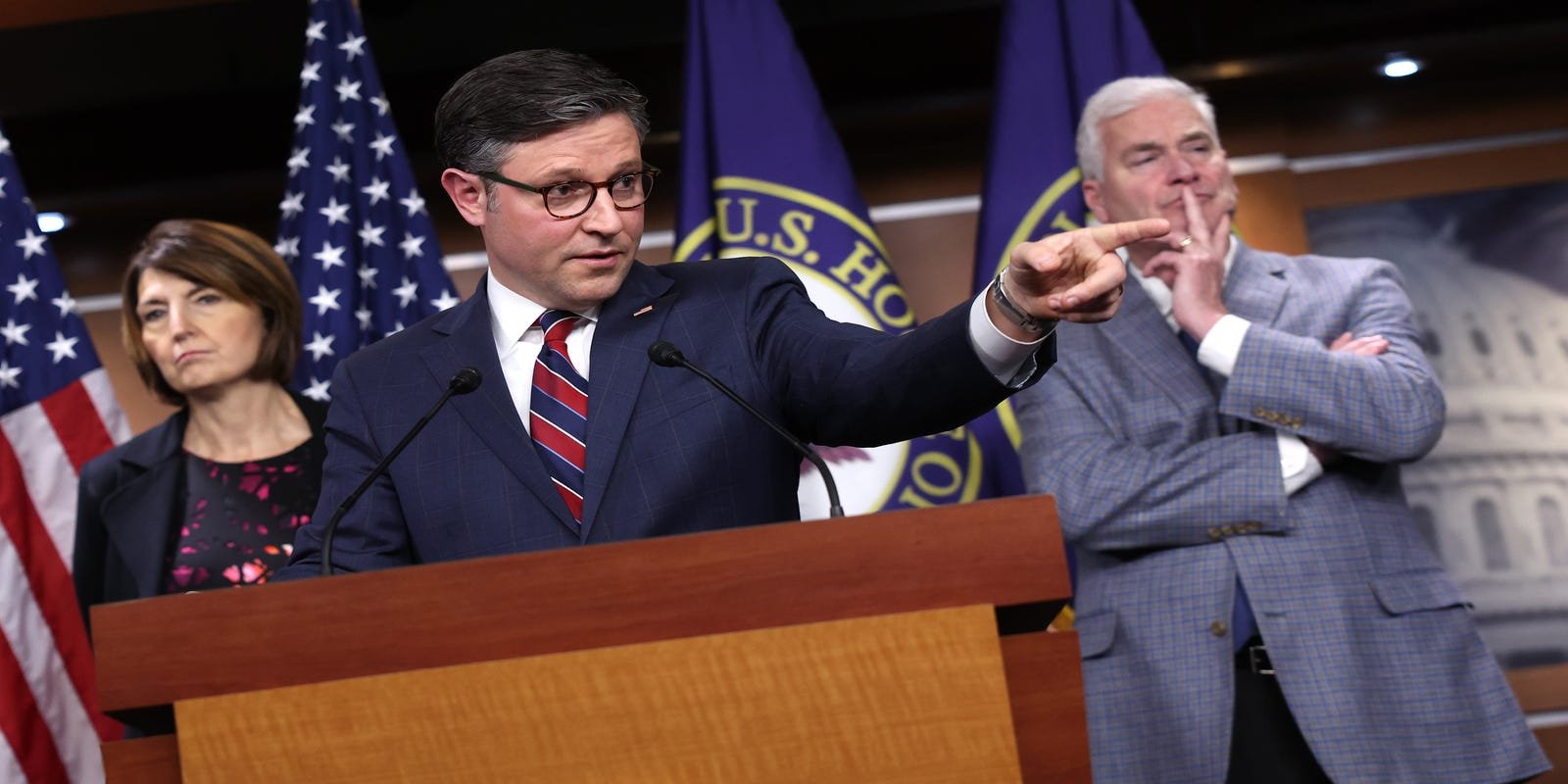Congressional leaders have reached a funding agreement in an effort to steer clear of a government shutdown that could adversely impact millions of Americans. The agreement, amounting to $1.66 trillion, aims to keep the government operational throughout 2024, with $886.3 billion allocated for defense spending and $772.7 billion for domestic, non-defense expenditures. This accord aligns with a deal struck by President Joe Biden and former House Speaker Kevin McCarthy, R-Calif., during tense debt ceiling negotiations the previous year.
Despite this progress, the path ahead remains uncertain, as the full House and Senate must still pass the agreement before it reaches President Biden’s desk, preventing the looming threat of a government shutdown.
Various critical funding deadlines approach, with federal transportation programs, housing, food plans, and other essential resources set to expire on January 19. Subsequently, the Departments of Health and Human Services, Commerce, Labor, State, and Defense face a deadline two weeks later on February 2.
A government shutdown would entail a cessation of work for all officials and federal agencies deemed non-essential. This could result in the furloughing of thousands of federal employees, impacting nutrition benefits and other programs relied upon by Americans, even those not directly employed by the federal government.
In November, Senator Johnson managed to pass a funding extension to avert a government shutdown, securing more Democratic votes than Republican ones. However, he now faces the potential challenge of conservative rebels in the House advocating for additional cuts before supporting a deal, echoing demands made during spending battles in the previous year.
Acknowledging that the current agreements might not satisfy everyone and may not cut spending to the extent some desire, Johnson emphasized in a letter to House lawmakers that this deal represents the most favorable budget agreement Republicans have achieved in over a decade.
Senate Majority Leader Chuck Schumer and House Democratic Leader Hakeem Jeffries, both from New York, expressed optimism about the funding agreement. They noted that it paves the way for Congress to take necessary actions in the coming weeks to uphold vital funding priorities for the American people and avoid a government shutdown.
President Biden, in a statement on Sunday, lauded the framework for moving closer to preventing a needless government shutdown and safeguarding crucial national priorities. However, he issued a cautionary message, urging congressional Republicans to fulfill their basic responsibility, cease threats of a government shutdown, and perform their duties.
The ongoing negotiations and impending deadlines underscore the significance of bipartisan cooperation and swift legislative action to avert disruptions to vital government functions and services. As Congress navigates this critical juncture, the nation awaits the resolution of funding issues that directly impact the lives of its citizens.
